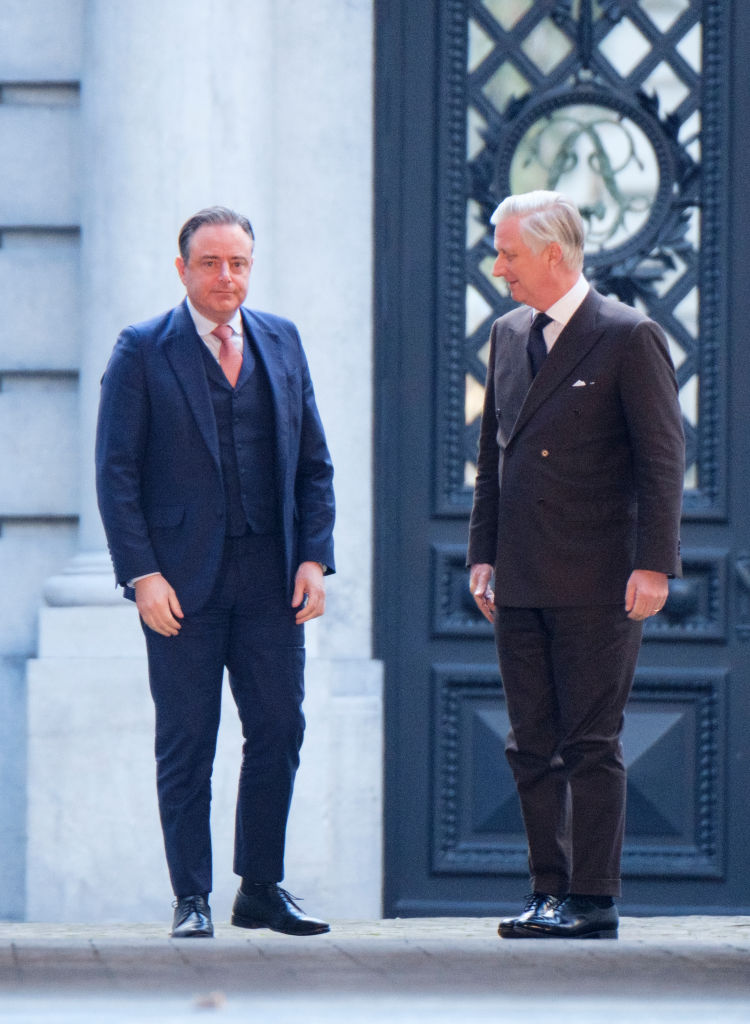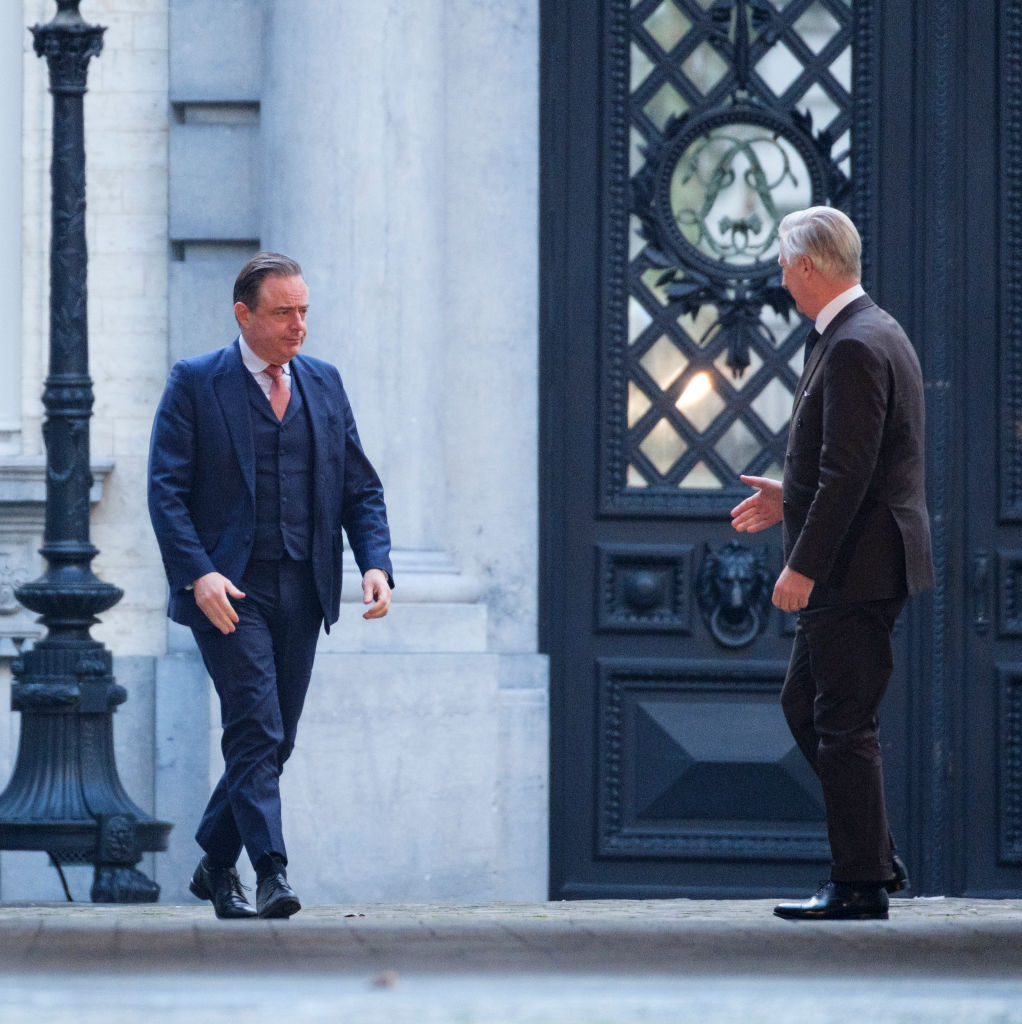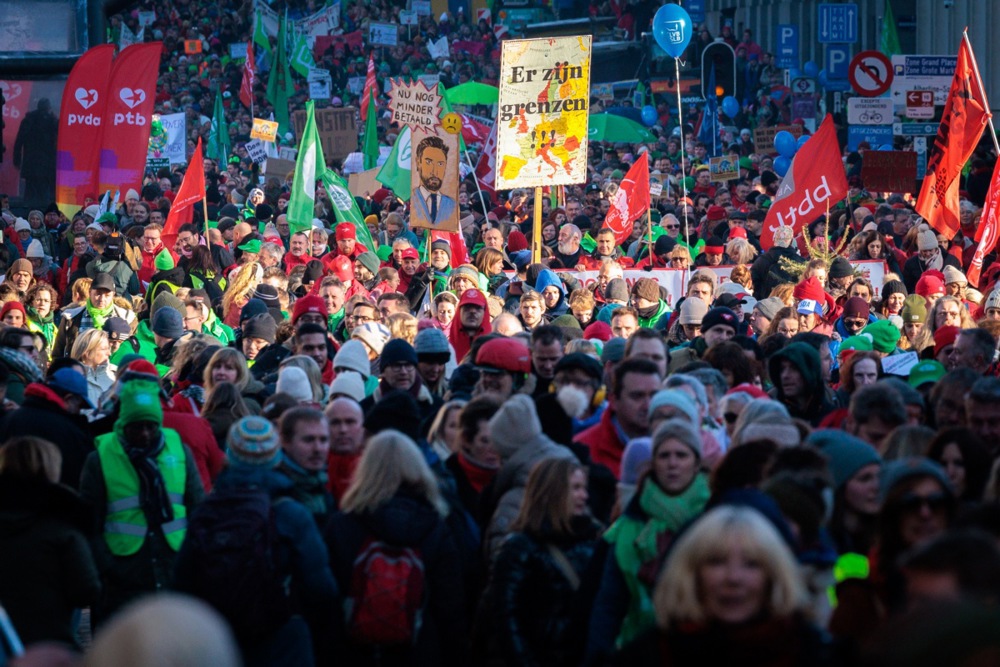The Belgian Government, which was on the brink over difficult budget talks, has after months of infighting found an agreement on raising almost €10 billion in revenue.
The breakthrough this morning coincided with a major strike in the public sector, spanning from today until November 26, in protest at the reform plans.
Prime Minister Bart De Wever had earlier announced a Christmas deadline for a deal, saying he would offer his resignation if no agreement was reached by then.
Belgium has been struggling with chronic debt and budget shortages for years and is one of the worst performers in the European Union.
A large part of the new revenue will come from a series of taxes and price hikes, including on gas, flying, hotel stays, festivals, cinema tickets and takeaway meals. Those earning above €4,000 a month will see their automatic pay increases reduced, while those on long-term sick leave will be encouraged to go back to work, a measure estimated to save €1.9 billion.
Belgium will also delay a planned reduction in personal income tax, saving €1 billion for the time being.
Personal contributions for doctors visits will also rise, as will costs for sending packages.
Those owning a company or stocks will also pay more.
As a symbolic measure, the wages of MPs and Ministers will no longer rise automatically in line with the cost of living either, and party donations via the (abolished) Senate will end.
De Wever said he was “all in all quite happy” with the result, saying it was a “huge exercise to make a multi-annual budget”, something that is not the norm in Belgium. But he stressed it was needed to send a signal to the world that his country was able to do what was needed.
“Normally they make a budget for the next year, now we did it for the entire legislature, because we knew we started with a structurally very unhealthy budget, with the financial markets looking to as and expecting a signal that we would take this seriously, both in the long term and in the short term,” De Wever said.
He highlighted that the taxes on gas were the result of European demands, which cited environmental reasons.
Conversely, taxes on electricity will fall in a bid to to push people in that direction. The net result, though, will be higher energy bills as the cost of gas goes up by more than the cost of electricity falls.
De Wever also said that the government did not discuss the three-day strike, indicating the unions were unable to pressure them.
Finance minister Vincent Van Peteghem said it was an “honest and balanced effort” for all, with a focus on “the strongest shoulders” to carry the weight.
The Socialist Union said the agreement fell on the shoulders of those who work and the sick, while the rich were untouched one again.
Employers’ organisations were, despite some unpopular measures, relatively happy with the result, saying it offered a clear direction and stability.
Opposition parties criticised the deal, saying most of the solutions from the government were nothing more than tax hikes, while real savings were rare.
Belgium has one of the worst levels of debt in the EU, which led to the the EC to starting an excessive deficit procedure against the country in June 2024.
Belgium’s ruling centre-right coalition is deadlocked over crucial budget negotiations, with senior government figures suggesting its collapse is now a real possibility. https://t.co/x6XGbVNLTH
— Brussels Signal (@brusselssignal) October 23, 2025





